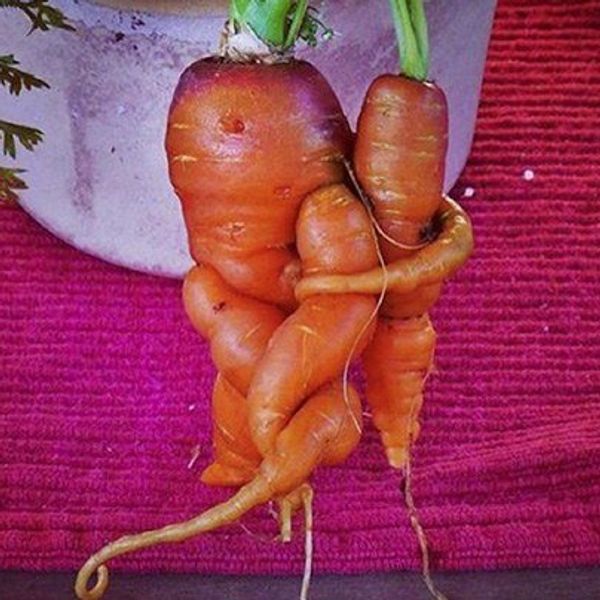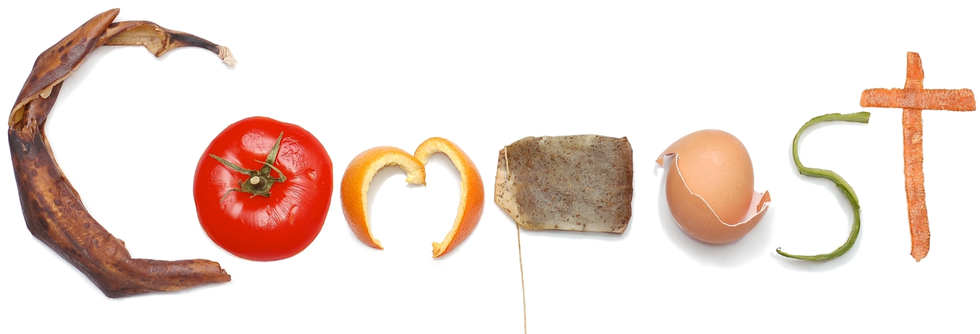My mother started an herb garden a while ago. Whenever she talks about planting something else, she'll mention having to buy potting soil, and I'll inevitably mention composting. It's always been something we want to do, but we've not gotten remotely close to actually doing. So here are some things to know about composting. Hopefully this will be the final bit of motivation I need to get started with it myself.
1. One easy rule is to use what you've got.
Plenty of dead leaves, plants, and kitchen waste can easily go into a compost pile. The thing to remember about using material from your kitchen is that some food waste should NOT be composted. These include meat and fish waste as well as dairy products and oils. Here's a more in depth guide on what you can and cannot compost and why.
2. Remember when composting that decomposing organisms are your friends.
Worms and the like are what keep a compost pile going, so keep these critters happy. To do that, make sure that your compost pile stays moist. It helps to keep the pile in the shade, and it doesn't hurt to water the pile occasionally, too. It's also a good idea to turn your pile every now and then to keep the microbes aerated and happy.
3. Keep your compost as diverse as possible.
Every food item, every bit of leaf waste holds different kinds of nutrients. Having only certain veggies or using mainly grass clippings and leaves means that you lack nutrients that fruit, grains, coffee grounds, etc. can provide. Don't go buying things to compost because that takes away from the fact that composting is simple and without cost, but do try and give your pile as much variety as you can. Here's a handy guide on what different items can add to a pile and how they should be incorporated into compost.
4. You shouldn't have your compost in an area that's too big.
It just makes things harder to manage. It's a better idea to break up a large pile into two; that way, while one is decomposing, you can use from a pile that's already finished for your gardening.
5.You don't need a bin in order to compost; you can just have a pile.
That does depend on whether you care for appearances and whether or not there are animals around that could be attracted by the smells of decomposing food.
However, wherever, and using whatever you decide, just keep these points in mind and soon you'll have a warm, happy pile of decomposing materials for all your gardening needs. Happy composting!





















